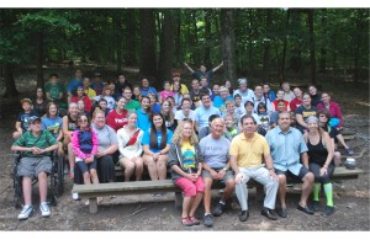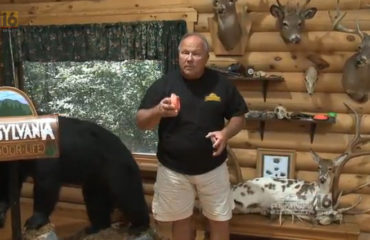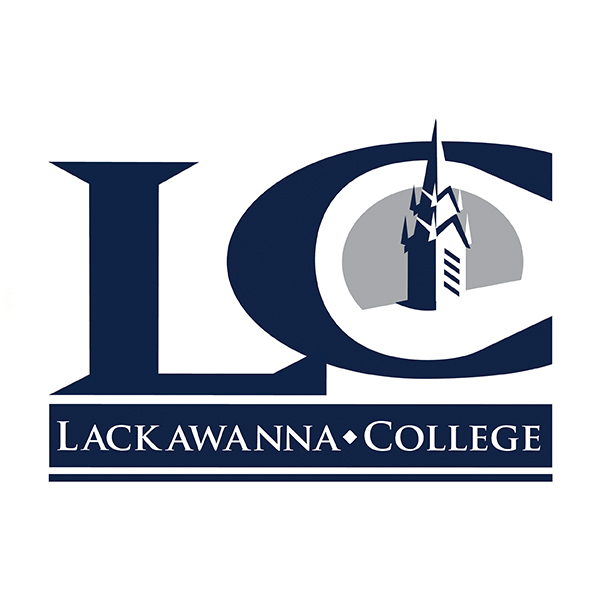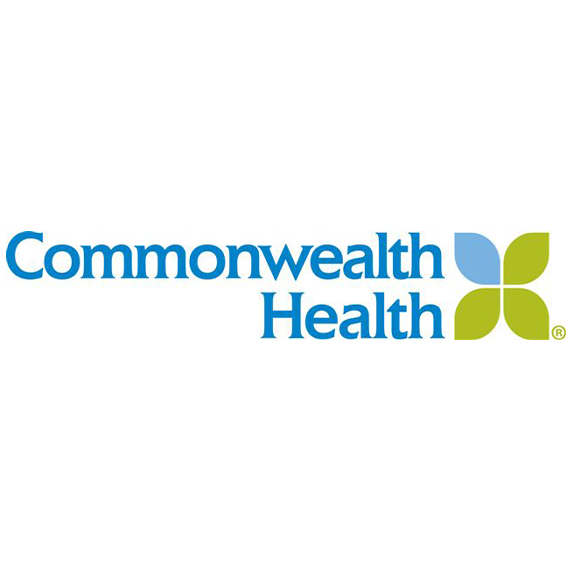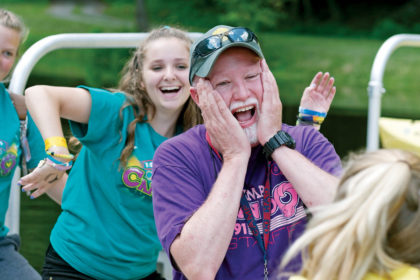
Tom Prader was one angry kid.
Tom Prader with Victoria Hershaft, 14. He once resisted going to this camp. Now, he is president. Slideshow icon SLIDESHOW
Camp Can Do helped him survive cancer. Now he runs the place
Diagnosed with leukemia at 11, he soon got fed up with sickness, with hospitals, even the people in them.
Go to a summer camp for kids with cancer? No way.
“I had no interest in doing anything to do with cancer, or being away with people with cancer,” he said.
Eventually, reluctantly, he agreed to go.
“I still resisted at first until the unexplainable magic of camp just happened,” Prader said. “People are like you. People understand what you are going through. Why your face is puffy or why you have no hair.
“It’s an overwhelming rush of people understanding.”
That was Prader’s first summer at Camp Can Do, a haven of childhood normalcy in rural Pennsylvania. Leafy green, timeless. For a sick child, priceless.
Flash forward 30 years.
Every summer, kids with cancer – excited, hesitant, hopeful, scared – still come to Camp Can Do.
So does Tom Prader. He is now president of the not-for-profit camp located in Mount Gretna, a short distance from Hershey Park. Over the years, he has been camp director, assistant director, counselor.
Selling insurance is the Bucks County resident’s day job. But the camp, which provides a free-of-charge respite to about 200 children each summer, is his heart.
“It was completely transformative,” said Prader, now 46.
Strength in numbers
It’s gotten to others, too. Gregory Halligan, chief of oncology at St. Christopher’s Hospital for Children, was Prader’s doctor. In the summer, he is camp medical director, a volunteer like the rest of Camp Can Do’s staff.
Peg Mulherin, 65, a nurse at St. Christopher’s who knew Prader as a patient and a camper, still goes every summer.
“You come away a better person,” she said.
And, of course, she’s seen what camp does for the kids. Many of them are very sick. Reasonably, their parents have protected them – perhaps overprotected them, Mulherin said.
” ‘Should you be doing that? Will you be tired?’ ”
At Camp Can Do, they are challenged.
“We encourage them to walk up that hill. We encourage them to find their potential,” she said.
Surrounded by children like themselves in a safe place, campers may even become bold.
At Hershey Park, the camp outing every Wednesday, Mulherin recalled one camper, an amputee, just took off a prosthesis and handed it to a ride attendant to hold.
One year when Britney Spears made headlines for shaving her head, one hairless camper made a joke to another – loud enough for a gawker to hear – about how she was going to get in trouble at home for imitating the singer.
For children treated as different much of the year, the camp experience can be freeing.
“They’re all the same,” Mulherin said. “They don’t have to worry if they’re bald or if someone is going to stare at them.”
‘An oasis’ amid pain
Camp Can Do is special, but it’s not unique.
The Children’s Oncological Camping Association International has more than 90 member camps, many in the United States. Some like Camp Can Do also offer the camping experience for the siblings of kids with cancer.
Studies of such programs indicate campers experience social and emotional benefits and enhanced self-esteem that in some cases extend well past their time at camp.
One study whose authors included Dale Perkel, Prader’s social worker while he was a patient at St. Christopher’s, and Myra Bluebond-Langner, a former Rutgers anthropology professor and now a professor at University College London, was conducted at Camp Can Do.
They found that attending the camp improved the children’s knowledge of their disease and its treatment, even though cancer was not formally discussed. Rather, the education happened naturally among the campers.
“I think this approach was brilliant,” said Bluebond-Langner in a telephone interview from London, “because it allowed the young person to engage as much or as little as that child wanted.”
In addition, she said, the “normal camp experience” gave the children something relatable to share with friends back home.
Pete Strzelecki, 31, works for the Pennsylvania State Police. In the summers, he is a counselor at Camp Can Do.
But he can still remember being a homesick Delaware County kid with cancer, heading to Camp Can Do for the first time. He, too, found the magic.
“I say it was an oasis in the middle of a desert of pain,” he said.
Camp gave him friendships that endured and the chance to do things he might not have tried otherwise.
“Camp has undoubtedly made me who I am today,” said Strzelecki, whose sister Rita Robinson, a nurse, heads the sibling camp. “I wouldn’t be as confident as I am today.”
Shaping campers
Camp helped make Tom Prader who he is, too.
He is still friends with people he met as a camper. Back then, keeping in touch was not so easy. No social media. No cellphone. Perkel, his social worker, would let kids call their camp friends from her office. The closer ones, he would visit.
His battle with cancer was a long one. After two years in camp as a teenager, he took a break and then returned as a counselor. He was a very sick 18-year-old.
“I needed it more than they needed me,” he said.
At one point in his 20s, Prader said, he negotiated a date with his doctor, Halligan, about when his treatments would end. The last course was at the time experimental: chemo was channeled straight into his brain. “A last-ditch effort,” Prader said.
It worked.
As is the case for so many long-term cancer survivors, the years of treatment have had their impact on Prader’s body. Some of it surgery has repaired.
But he has good friends and his work. He enjoys motorcycling. He loves North Carolina’s Outer Banks.
And, of course, camp.
On Sept. 24, Camp Can Do will hold its first fund-raising gala. The tickets are already sold out.
He gravitates especially toward “behavior problems.” The kids having trouble settling in, the ones who don’t want to talk.
“I enjoy every challenging time I get with the kids,” he said.
It’s the magic of camp he discovered years ago. It’s still there.
Find out more about the camp at www.campcandoforever.org.
[email protected]
215-854-2391
@ritagiordano

